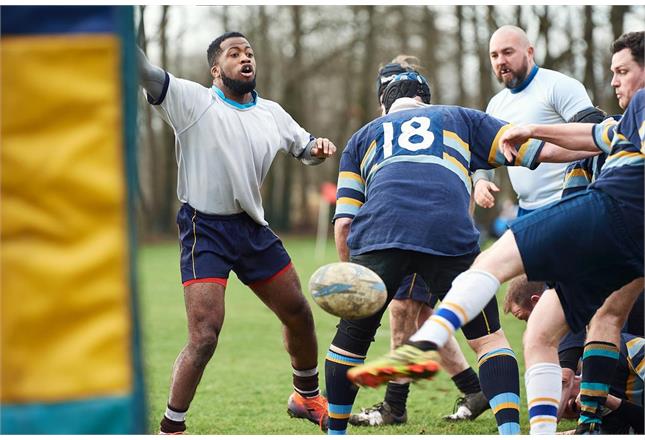
Sport England has revealed that activity levels among adults have recovered over the last year, with more people in England now consistently active compared to the period before the COVID-19 pandemic.
The Active Lives Adults Survey shows that 29.1 million adults were designated as being active - taking part in more than 150 minutes of activity per week - an increase of 1.7% over the previous year. The number of inactive adults, those who take part in less than 30 minutes per week, dropped by 1.4%, down to 11.9 million.
The figures also show that this increase in activity does not apply to everyone, as some inequalities widen. The survey illustrates a number of concerning trends have continued with half a million fewer young adults (aged 16-34) being as active as they were six years ago.
In parallel, over the same time period, numbers have shown an increase in the reporting of mental health conditions for young adults and a decrease in overall levels of life-satisfaction and happiness (ONS, 2020).
Additionally, though activity levels fell across the whole country during the pandemic, the severity of COVID-19’s impact on activity increased in line with deprivation levels. This report highlights that in the least affluent areas, activity levels have fallen to 3.1% below pre-pandemic levels.
Responding to the latest figures, Alliance CEO, Lisa Wainwright MBE said: “Firstly, I would like to give huge praise to our sector and Alliance members in particular, for their commitment throughout the COVID-19 pandemic and the following recovery period. Their determination, resilience and adaptability ensured people and communities across our nation had continued opportunities to be active.
“This notable step in the right direction for activity levels could not have been achieved if it were not also for the diligent and wide-reaching support Sport England has provided the sector over the last year. From funding assistance to learning and training opportunities, this recovery has been a collaborative success through Uniting the Movement, and we look forward to maintaining and accelerating this in the years ahead.”
“Our sector and members have done the best they could in challenging times, and though activity levels are recovering, the negative impact of COVID-19 and the recent Cost-of-Living crisis on our grassroot community clubs is still cause for alarm, especially as it contributes to widening societal and health inequalities.
“According to the Alliance’s recent report on grassroots activity, a quarter of our clubs are in severe financial difficulty, participation opportunities are down 16% from 2019 and costs of increasing energy bills are being passed onto participants, creating a further barrier to those who can least afford it.
“As this Active Lives Survey shows, those from least affluent backgrounds are struggling to re-connect with activity, and with the current financial situation we find ourselves in, it is crucial that more is done to support this group – ensuring that they are able to access the benefits of being active.
“This report also demonstrates key links between levels of deprivation, young people’s wellbeing and activity levels. All of which highlight the impact access to sport, physical activity and recreation can have on social and health outcomes.
“The societal and wellbeing benefits of physical activity should not be a sole preserve for the privileged, or dependent on the area in which you live. More must be done on a governmental level to ensure there is a plan for national renewal and tackling inequities, so that our sector’s potential is maximised.
“We will continue to advocate for cross-governmental work in this area and offer our support in facilitating this through the release of the upcoming refresh on the National Strategy for Sport, and the development of electoral manifestos.
“We will also continue to work with stakeholders, members and government to not only protect the facilities that support community activity, but to push for further opportunities to be created.”
You can read the full Active Lives Adult Survey report here.
This afternoon, the Chancellor delivered her Budget speech to Parliament, outlining decisions on tax and spending.
Read moreAhead of the Chancellor’s Budget statement on 26 November, we take a look a look at the key areas to be aware of and the work the Alliance has been doing lobbying on behalf of members.
Read moreGovernment has today formally launched a consultation on reforming the role of statutory consultees in the planning system. The consultation runs for eight weeks, closing on 13 January 2026.
Read moreJoining the Sport and Recreation Alliance is pretty simple, but worthwhile!
Register now